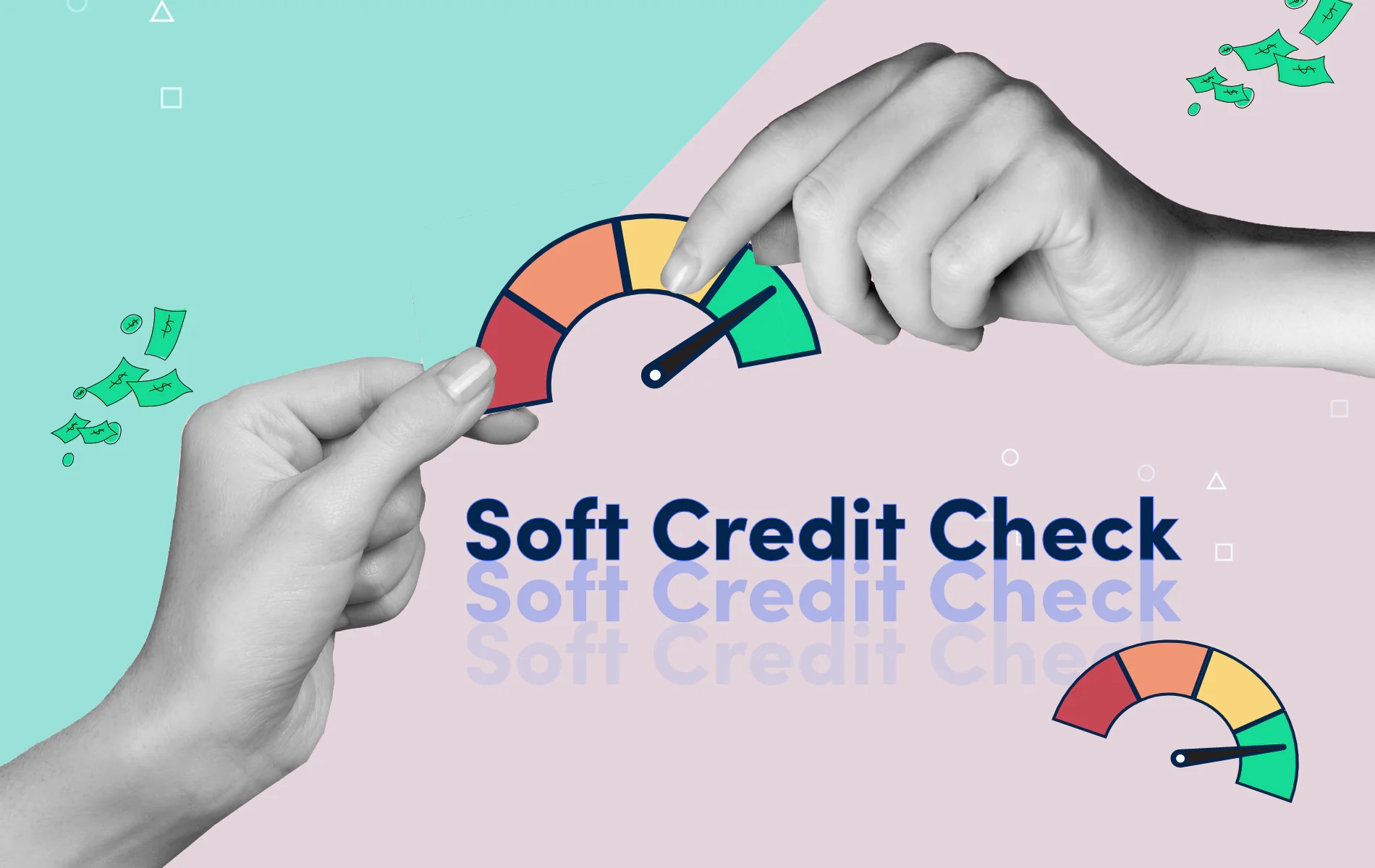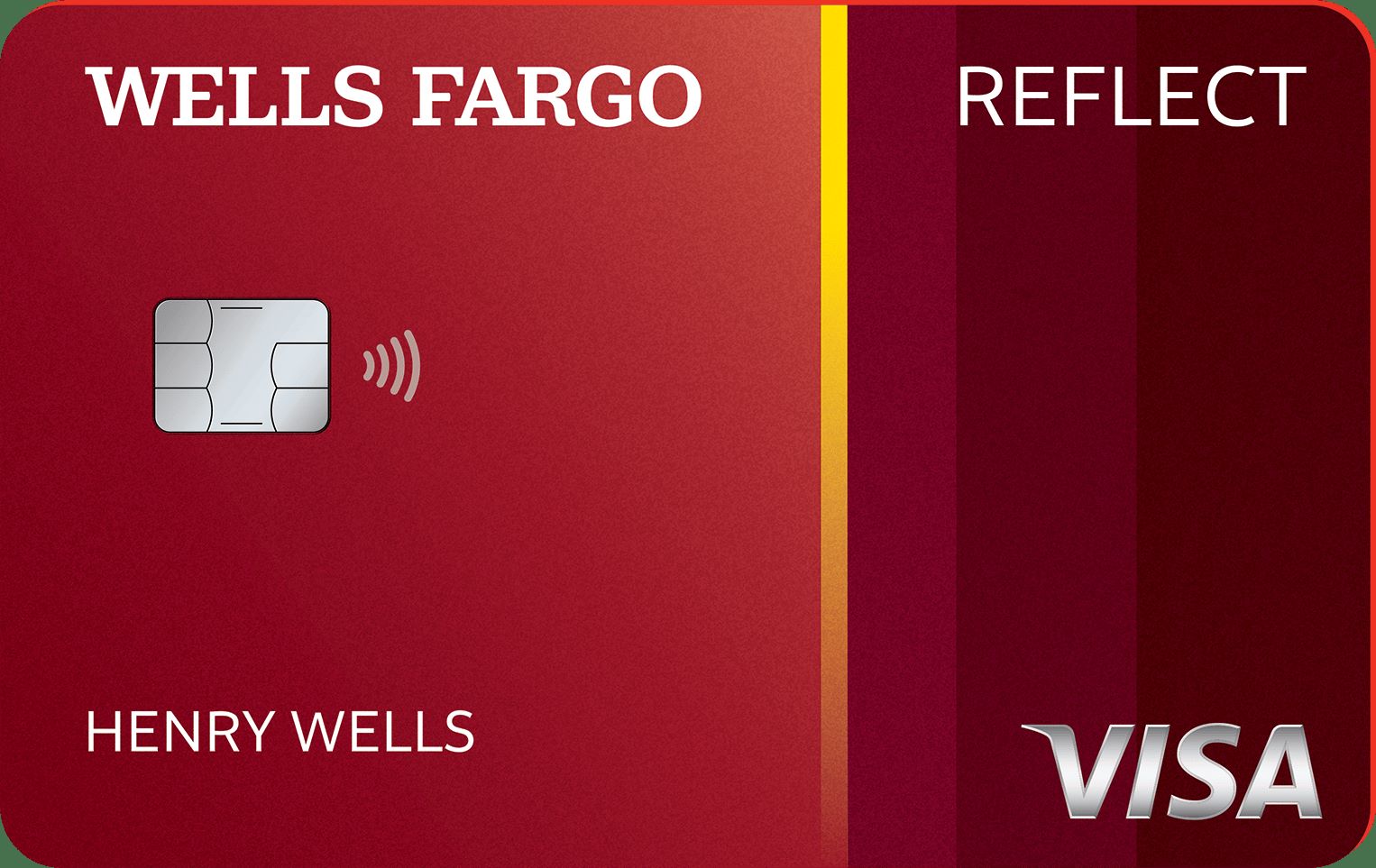

Finance
Soft Loan Definition
Published: January 30, 2024
Learn the definition of a soft loan in finance and how it can benefit borrowers. Discover how soft loans differ from traditional financing options.
(Many of the links in this article redirect to a specific reviewed product. Your purchase of these products through affiliate links helps to generate commission for LiveWell, at no extra cost. Learn more)
The Ins and Outs of Soft Loans: A Guide to Financial Flexibility
When it comes to managing your finances, having access to different types of loans can be a game-changer. One such loan option that often gets overlooked is a soft loan. In this article, we’ll delve into the world of soft loans, their definition, and how they can provide a lifeline for those in need of financial assistance.
Key Takeaways:
- Soft loans are a type of loan that offers more flexible terms and conditions compared to traditional loans.
- These loans are usually offered by governments, international organizations, or charitable institutions.
What is a Soft Loan?
A soft loan, also known as a concessionary loan, is a type of loan that provides borrowers with favorable terms and conditions compared to traditional loans. Unlike regular loans that are provided by banks or financial institutions, soft loans are usually offered by governments, international organizations, or charitable institutions. The objective of soft loans is to promote economic development and assist individuals, organizations, or countries in need.
Soft loans are often a preferred choice for entities that may not have access to traditional financing options due to various factors such as poor creditworthiness, lack of collateral, or stringent borrowing requirements. These loans offer flexibility in terms of repayment, interest rates, and sometimes even the purpose of the loan itself.
How Do Soft Loans Work?
Soft loans function similarly to other types of loans, but with more lenient terms and conditions. Let’s take a look at some key aspects of how soft loans work:
- Eligibility: Soft loans are typically available to a wide range of borrowers, including individuals, small businesses, and even countries in need of financial assistance.
- Interest Rates: Soft loans usually come with lower interest rates compared to regular loans. In some cases, the interest rates may be set to zero or close to zero, making the loan highly affordable.
- Repayment Terms: Soft loans offer more flexibility in their repayment terms. Borrowers may have extended repayment periods or the option to defer repayment until a specific event or milestone is reached.
- Loan Purpose: In certain cases, soft loans may have restrictions on how the borrowed funds can be used. For example, loans provided by charitable organizations may be earmarked for specific projects or initiatives aimed at social development.
The terms and conditions of soft loans vary depending on the lender and the borrower’s needs. It’s crucial to carefully read and understand the loan agreement to ensure compliance and take full advantage of the favorable terms offered.
Benefits of Soft Loans
Soft loans can offer a range of benefits for borrowers who choose this financing option:
- Accessible Financing: Soft loans provide access to financing for individuals and organizations that may not qualify for traditional loans due to various constraints.
- Lower Interest Rates: The reduced interest rates associated with soft loans can result in significant cost savings over the loan term.
- Flexible Repayment Options: Soft loans offer more flexibility in terms of repayment, allowing borrowers to tailor the repayment schedule based on their financial circumstances.
- Promotion of Economic Development: Soft loans often aim to support economic development by providing funds for projects that contribute to growth and stability.
- Positive Social Impact: Soft loans provided by charitable organizations and international institutions often focus on initiatives that have a positive social impact, such as healthcare, education, and infrastructure development.
Soft loans can be an effective tool for individuals, businesses, and countries to access the funds they need while benefiting from more favorable terms compared to traditional loans. It’s important to explore the available options and assess the suitability of a soft loan based on your specific financial requirements.
Remember, soft loans are designed to provide financial assistance and contribute to economic growth. If you find yourself in need of funds, consider exploring the possibilities offered by soft loans and see if they could be the right choice for you.














